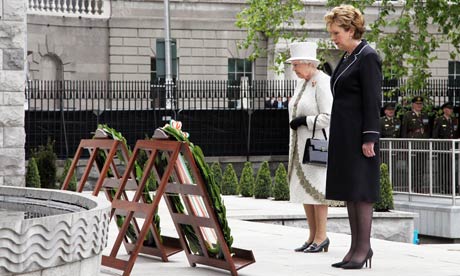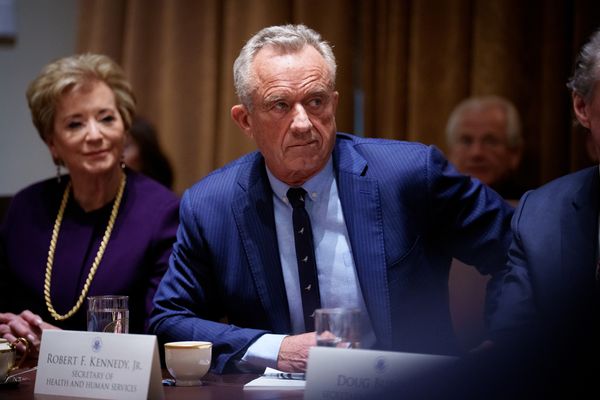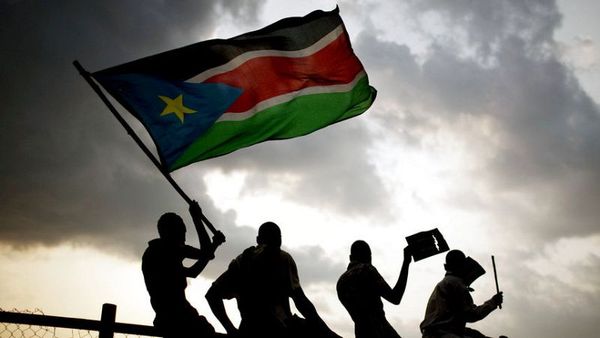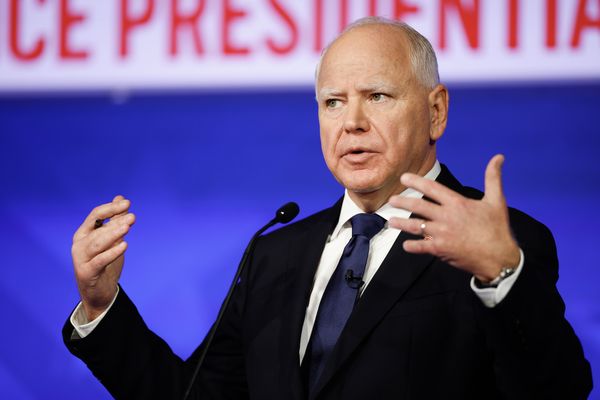
The Queen is clearly enjoying what will probably be remembered as one of the happiest few weeks of her 59 year reign.
On 29 April the wedding of Prince William to Kate Middleton assured the Queen that the monarchy will be in safe hands for decades to come. Next week she will welcome Barack Obama on his first state visit to Britain.
And this week the Queen has set the seal on the full normalisation of Anglo-Irish relations. The warm response to her speech at a state banquet at Dublin Castle on Wednesday night showed that the Queen is pulling off one of the most successful state visits of her reign. Even Gerry Adams lauded the Queen for her "genuine" expression of sympathy for victims of Ireland's troubled past.
As an Irish republican leader, Adams probably never thought he would praise a British monarch. But the Queen's four day visit is clearly of immense symbolic significance in showing that Britain and Ireland are, as she said in her speech, "more than just neighbours".
The most significant moment came on the first day of her visit on Tuesday when the Queen bowed her head in respect to those who died for Irish independence after laying a wreath at the Garden of Remembrance in Dublin. This cannot have been easy for the Queen who knew that she was honouring those who inspired the murderers of Prince Philip's uncle, Earl Mountbatten of Burma, in 1979.
Only a handful of people know what was in the Queen's mind that day. But she is understood to show a deep – and some say an amusingly anorak – level of interest in the Northern Ireland peace process. She will therefore have known that her gesture will be remembered for many decades by nationalist Ireland.
But there will probably have been one overriding thought in her mind: duty. Successive British governments have long felt that relations between London and Dublin will only be fully normalised once the Queen has paid a full state visit. If Angela Merkel, Barack Obama and Nicolas Sarkozy bow their heads at the Garden of Remembrance then so too will Britain's head of state, goes the thinking.
But the Queen has done more than turn up and bow at the right moments. She clearly impressed her audience at Dublin Castle. Mary McAleese, the Irish president, exclaimed "wow" twice after the Queen opened her speech in Irish with the words:
A Uachtaráin agus a chairde. [President and friends.]
At the end of her speech the president said:
Thank you so much.
The Queen, who had asked the audience to toast the president and the people of Ireland, said:
I like these clinking glasses.
The visit will have a lasting impact in Northern Ireland. One element of the visit that has been overlooked is how the visit is playing well in both communities:
• Unionists were uneasy when the Queen paid her respects to what one described to me as "nasty people" at the Garden of Remembrance. But they like the idea of the Queen visiting the Irish Republic on a state visit – it shows that the 26 counties are foreign soil.
• Sinn Féin is officially protesting against the visit and has been displaying on its website the famous republican declaration: "We serve neither King nor Kaiser but Ireland." But, as I blogged on Monday, Adams wrote in the Irish Examiner at the weekend that the visit would give him great "pleasure" if it leads to a better relationship between Britain and Ireland. He didn't quite say it but Adams is happy because the visit marks the first time in centuries that a British monarch is standing on Irish soil as a foreigner.
The banquet also showed that Sinn Féin is now fully part of the establishment on both sides of the border. There were no representatives of the party of the dinner – because they asked not to be invited. Peter Robinson, Northern Ireland's Democratic Unionist first minister, did attend.







